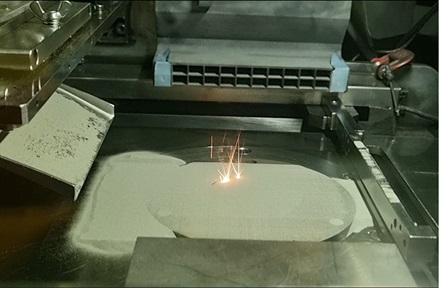Smart ‘liquid window’ harnesses light and heat to save energy
A newly developed smart ‘liquid window’ can block sunlight to keep a building cool, and at the same time, absorb heat for gradually release throughout the day and night to cut energy bills, NTU scientists said.
The invention uses a hydrogel-based liquid between glass panels. In simulations, it was found to reduce heating, ventilation, and air-conditioning energy consumption in buildings by up to 45 per cent compared to traditional glass windows. It is also 30 per cent more energy efficient than commercially available low-emissivity (energy-efficient) glass, while being cheaper to make.
Dr Long Yi, lead author of the research study published in the journal Joule, and Senior Lecturer at the School of Materials Science & Engineering said, "Our innovation combines the unique properties of both types of materials – hydrogel and water. By using a hydrogel-based liquid we simplify the fabrication process to pouring the mixture between two glass panels. This gives the window a unique advantage of high uniformity, which means the window can be created in any shape and size."
As a result of these features, the NTU research team believes that their innovation is best suited for use in office buildings, where operating hours are mostly in the day.







